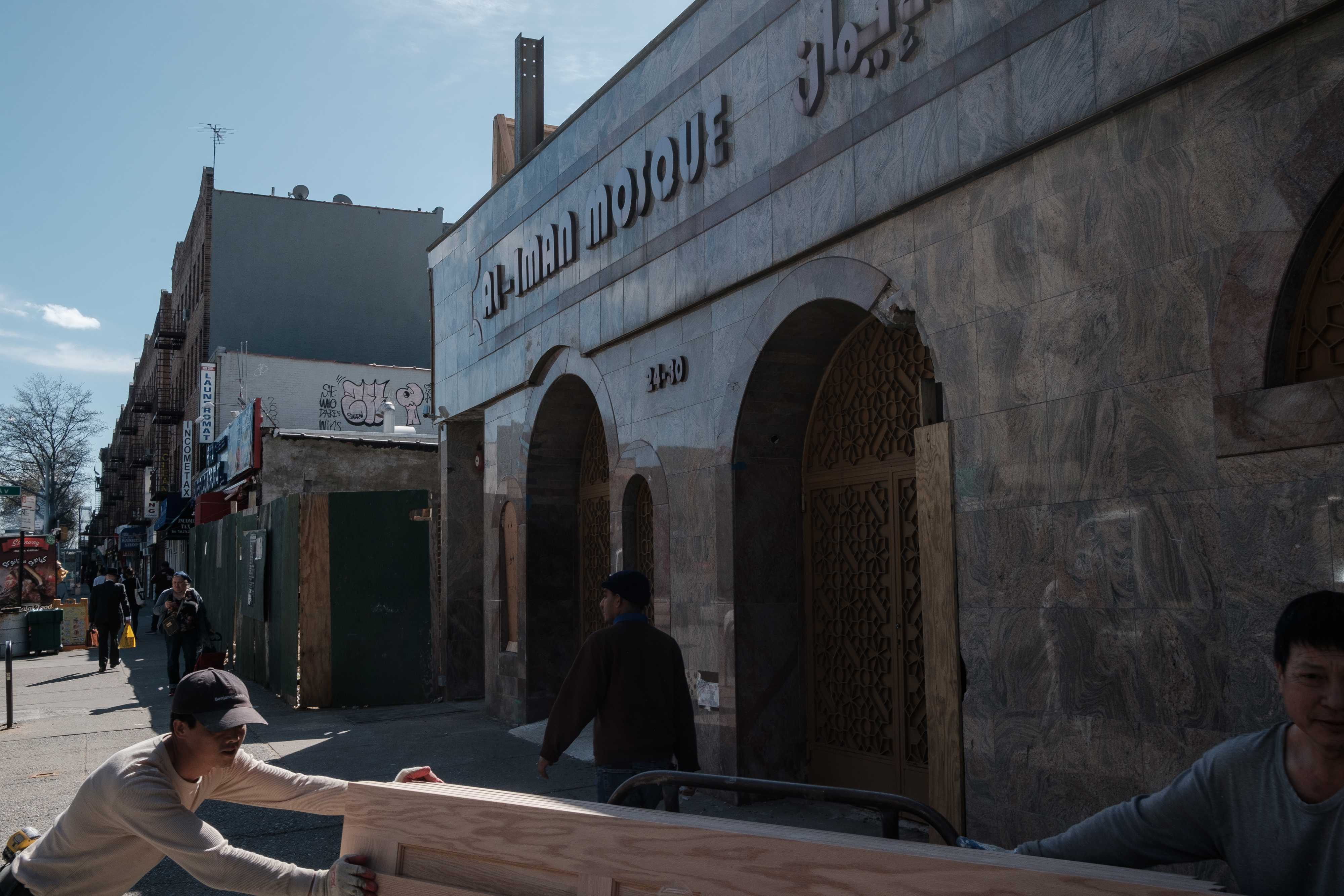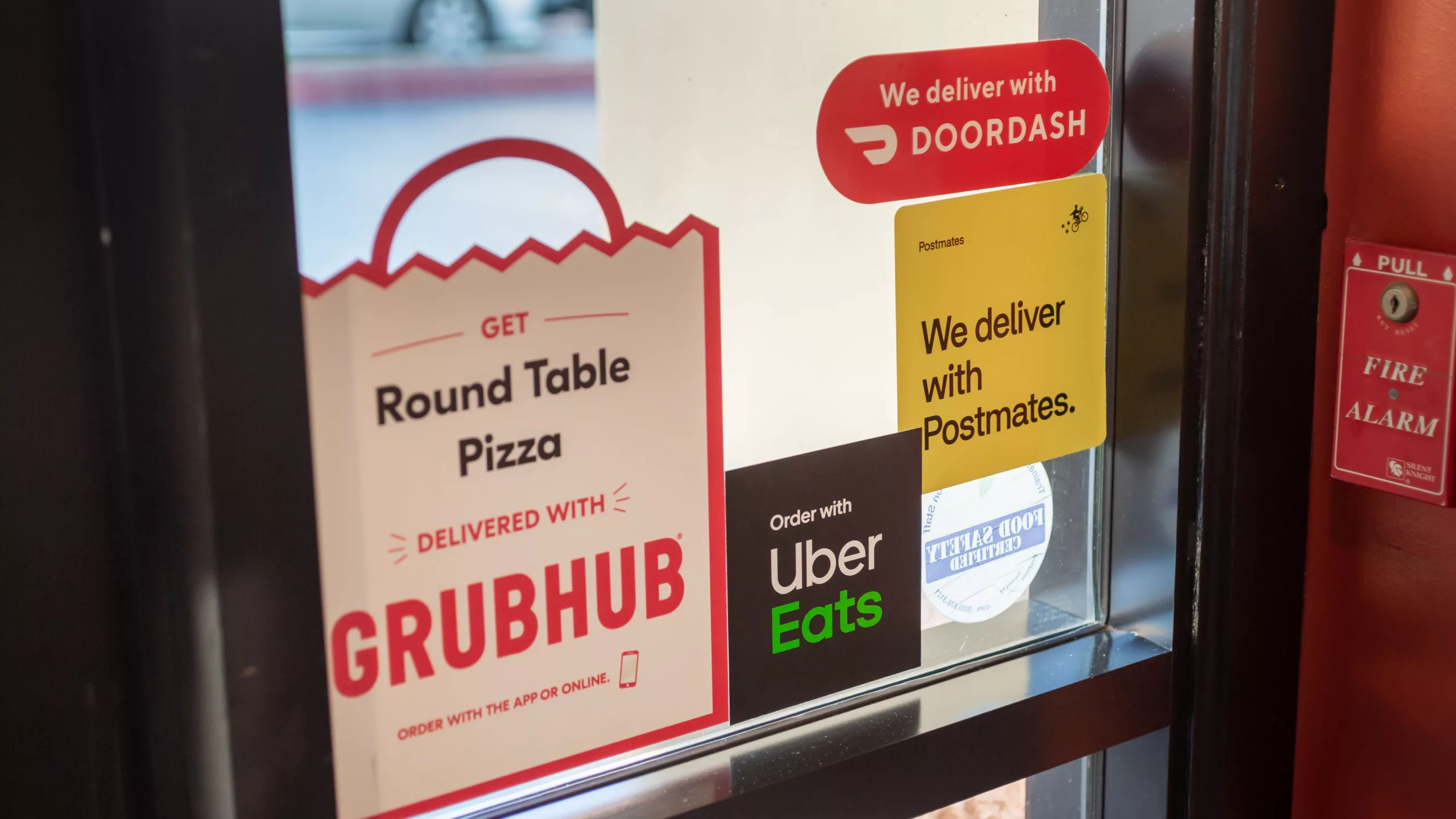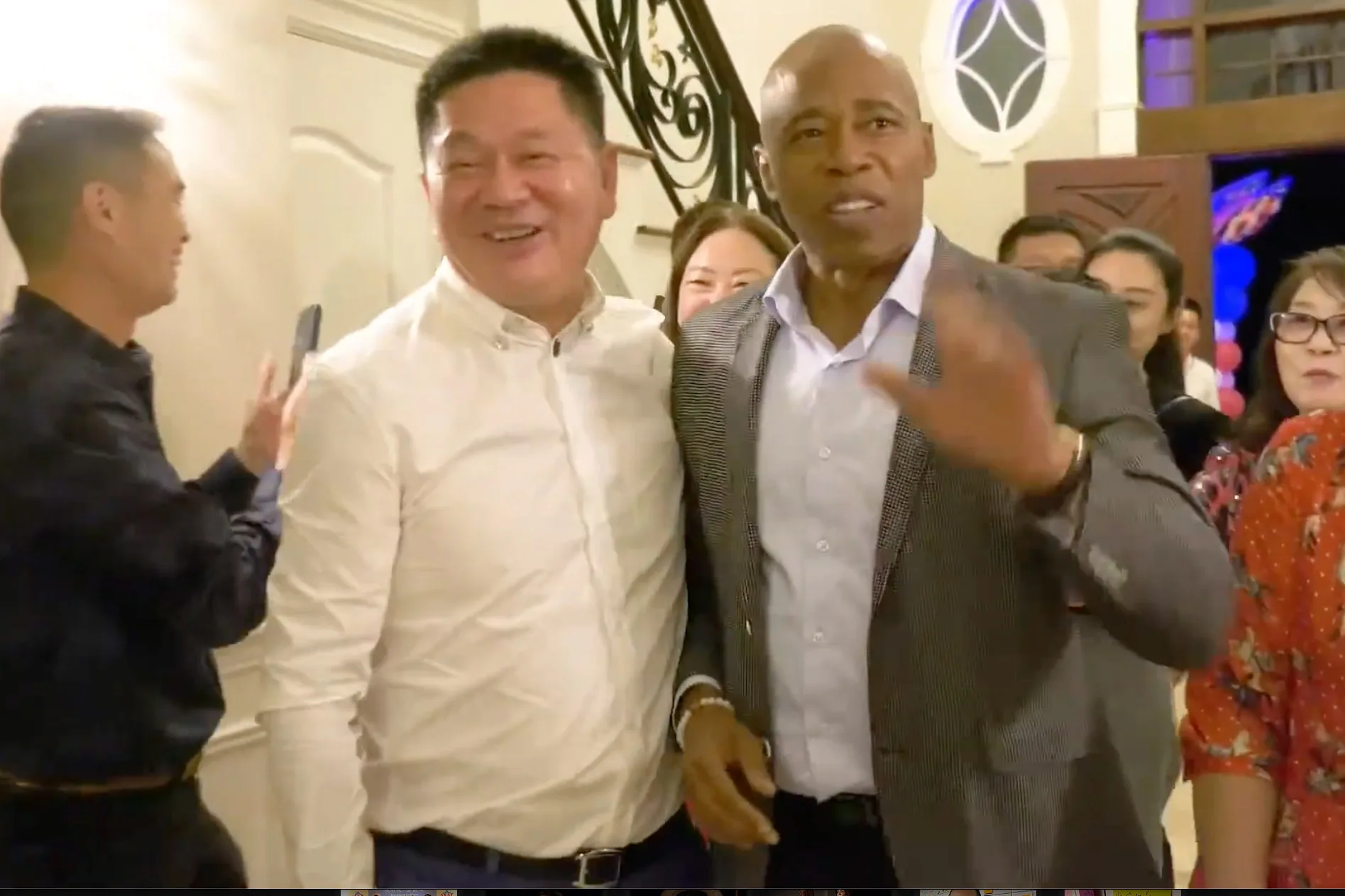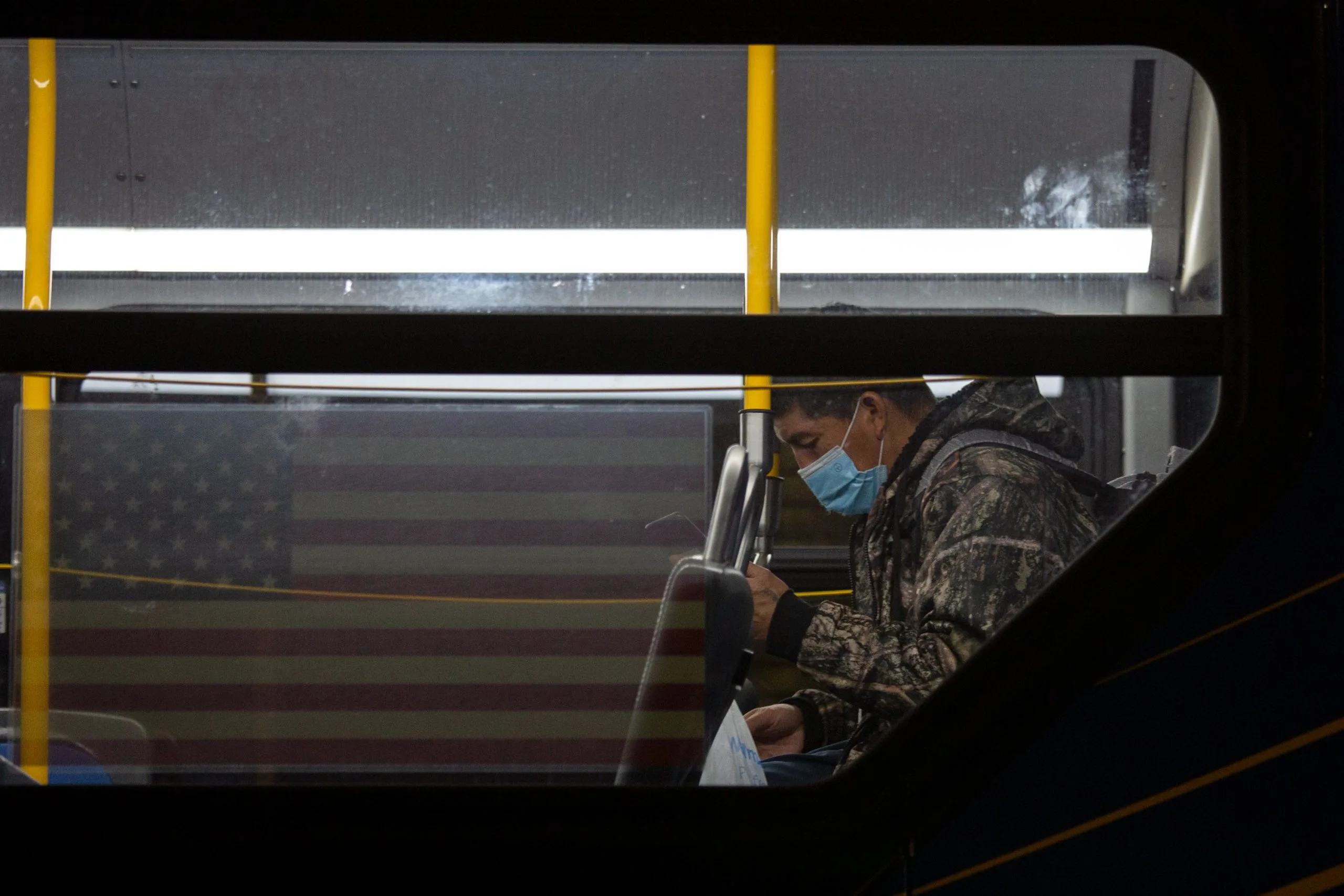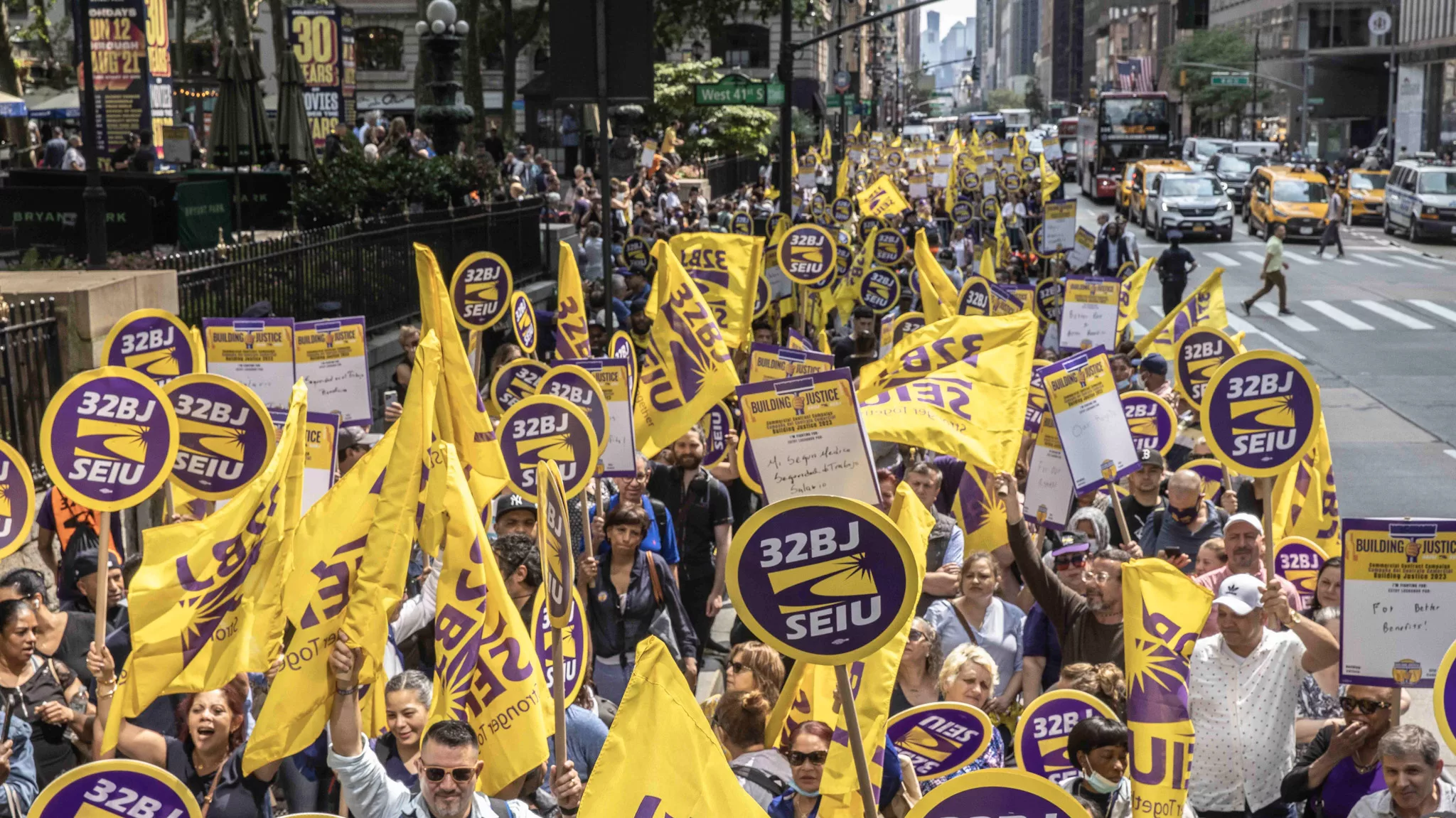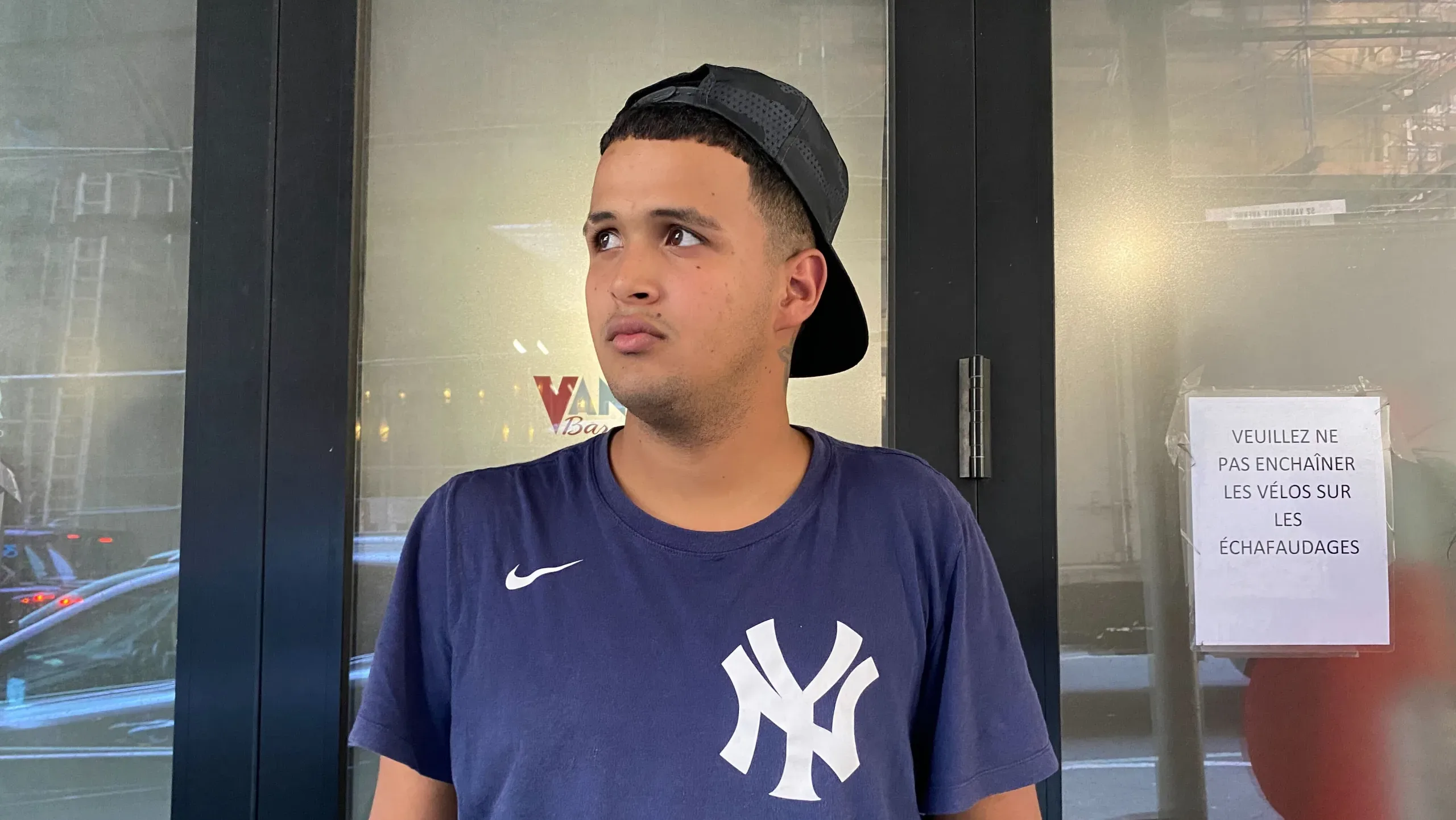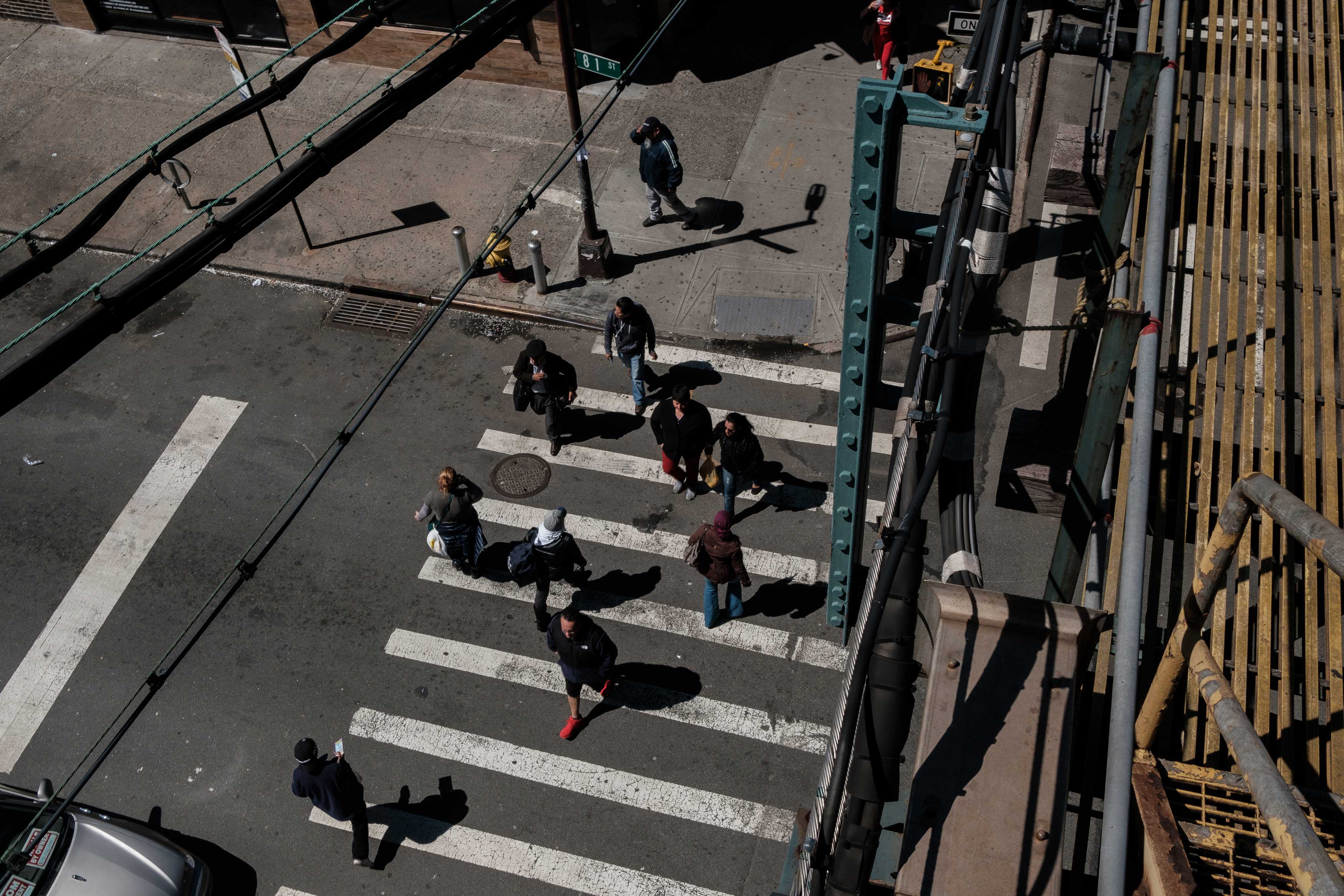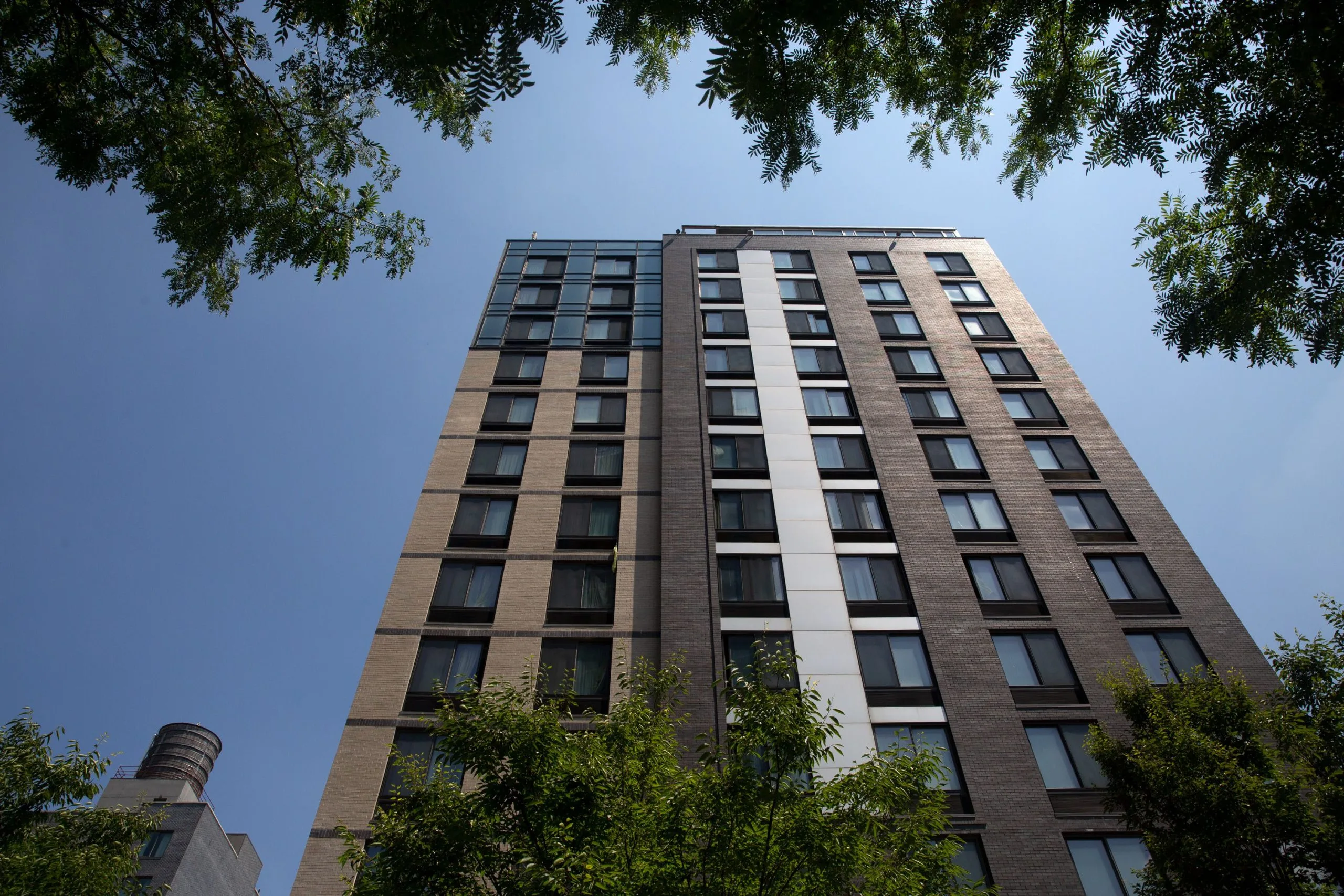Last August, Koyes Ahmed started working with his mosque to make Muslim funeral services available to the community. When he started, he didn’t know that the need for these services would become so crucial to the community about a year later.
Muslim funeral services such as bathing and preparing the body for Janazah, an Islamic funeral ritual where the community members gather and pray for the departed person’s soul are hard to find in Queens. A lack of these services has long posed a serious problem for the community, but the pandemic has exacerbated the need even more. As dozens of Bengali New Yorkers lost their lives due to the pandemic, they often had to travel to Brooklyn and the Bronx to bury their loved ones.
“It’s quite hard for us,” Koyes said, as many times, due to the distance, families have to stay overnight in the neighborhood of where these services are.
Shah Ahmed lost his 83-year-old grandmother Shahara Begum to the novel coronavirus in April. Following the customary Muslim final rites are important to him and the community, he said. He was able to do the minimum service, with two family members and an Imam who conducted the prayers.
Shah, who is the editor-in-chief of the Bengali language international news website Awaaz BD, said he understands the need for Astoria to have Muslim funeral services as the process to organize the service for his grandmother was arduous and long.
He had to wait for 8 to 9 hours to get his grandmother a bed when she was first admitted to hospital. She passed three days later and the paperwork to conduct the burial at Washington Memorial Park took a week.
“My dad and I were the only members of the family that went as other members of the family were really scared,” he explained. There are other Muslim communities that will also benefit from these services in the area, he added.
It’s a sweltering July day in Astoria, Queens, as Mohammed Jabed Uddin of Astoria Welfare Society steps out from a local store onto the sidewalk. He waves at a few people around and greets them with an “As-Salaam-Alaikum.”
It’s been a little over a month since the Muslim holy month of Ramadan. Even though the mosque remained closed in Astoria, many people came out of their homes to greet each other and collect halal food boxes on 36th street, one of the busiest streets in Astoria.
This year’s Ramandan was especially hard. Due to the pandemic, most places were shut down, people didn’t have proper halal food to break their fast, he lamented.
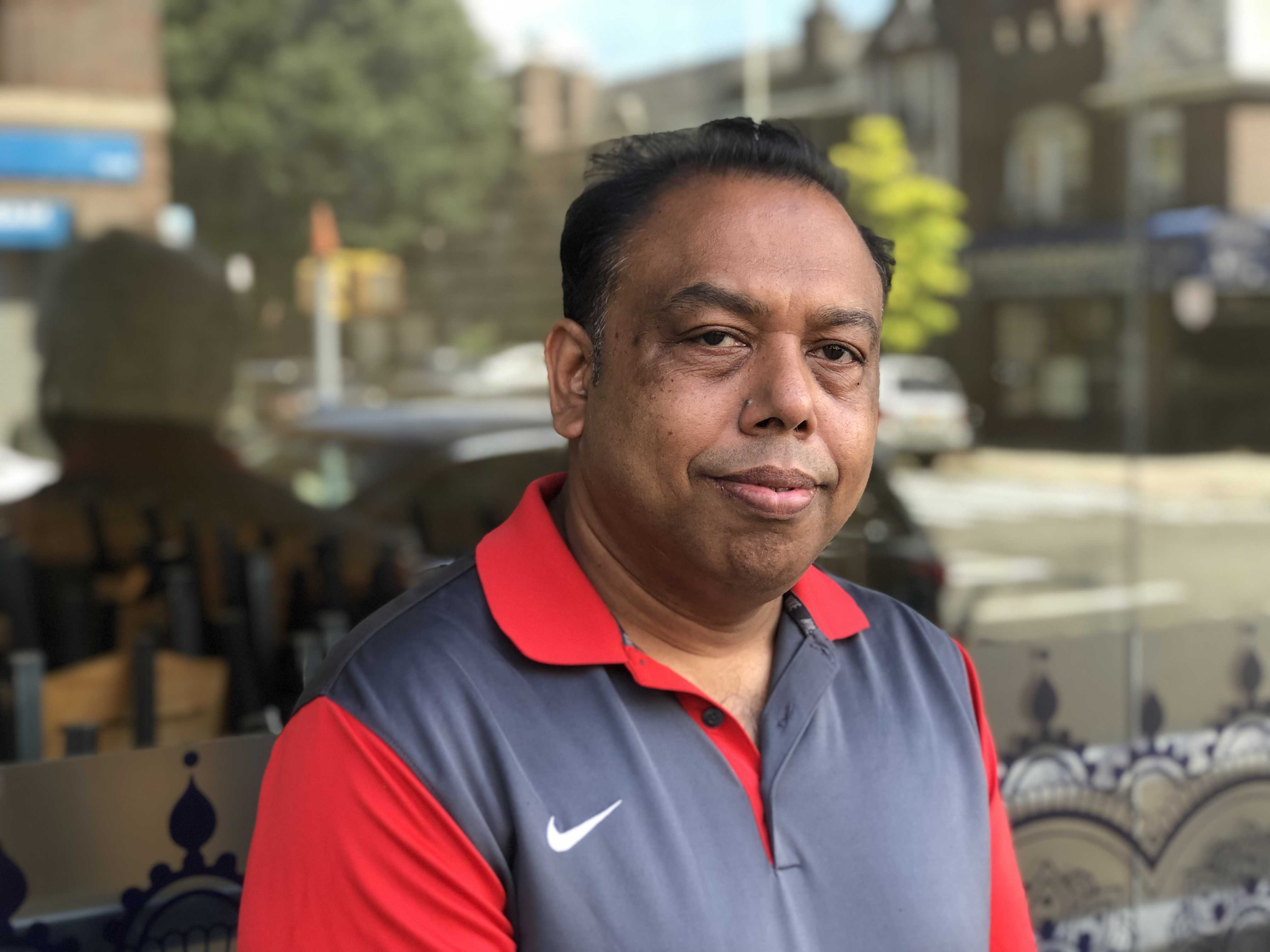
The Astoria Welfare Society, a local nonprofit that supports the Bangeldeshi community, helped distribute hundreds of halal food boxes during the month of Ramadan, with the support of local leaders, like Zohran Kwame Mamdani, a member of the Democratic Socialists of America, who was recently elected to the New York State Assembly.
Religious and cultural rituals frame this tight-knit community in Astoria, with funeral services among the most important. Many people have expressed a need for Muslim funeral services here in Astoria.
According to the New York City’s official death toll estimates, Queens has 5,943 confirmed deaths, a little over the city’s average.
Also read: City Funding for Undocumented Immigrants is Shrouded in Secrecy
Shah, who started gathering information about the number of deaths in March, has counted 250 deaths in New York City. According to Shah, close to 25 people belonging to the Bangladeshi community have died in Astoria.
The data gathering process has been cumbersome and has its limitations, he explained. The death toll isn’t complete, Shah added, as it has been hard to reach the Bangladeshi community everywhere in the country.
The higher demand for muslim funeral services has also driven up the cost. Depending on the location, the cost increased at least 25 to 40 percent after the pandemic hit.
In April, when Rukhsana lost her husband Mohamed Manik Hussain, an Astoria Deli owner and a cab operator, the family went through a whirlwind of issues with a local funeral service.
“My family wanted my dad to be buried in Long Island, it was expensive and we couldn’t afford it so I had to go far away,” Malik, Rukhsana’s 20-year-old son, explained.
Malik ended up burying his father in New Jersey. He said that he is now the head of the family and certain decisions have been really hard to make. Usually, the cost for the Muslim funeral services is about $4500 but he paid $6000, he added.
“People in desperate situations should have help,” he said. “These are hard times, emotionally and financially.”
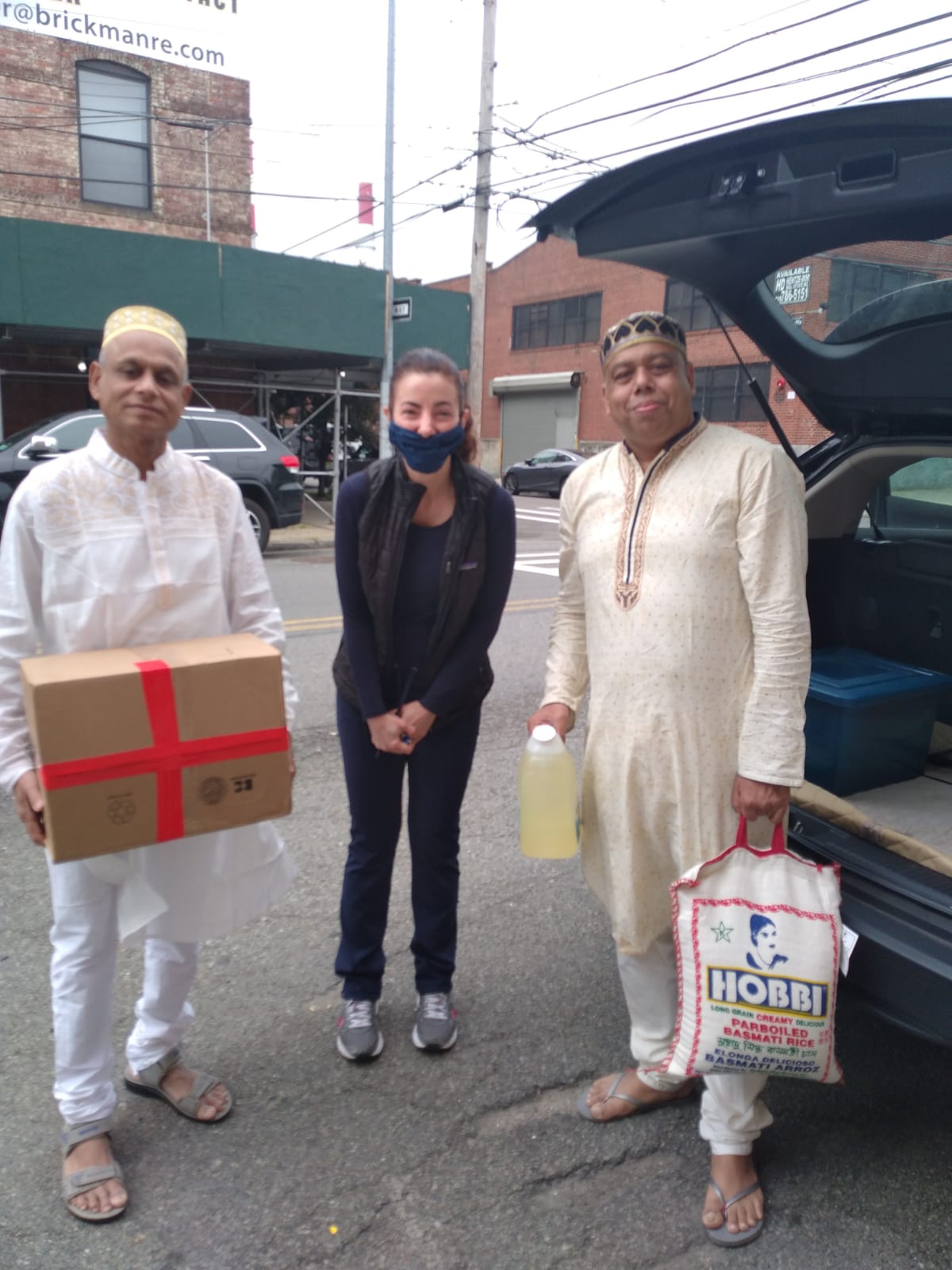
His experience with the funeral service was also unpleasant.
“They were extremely rude when I asked about my father’s death certificate,” Malik said. “I understand that a lot of people are dying but it is their responsibility to talk in a respectable and calm manner to their customer who paid for their services,” he asserted.
Malik said that his father may have contracted the novel coronavirus as he continued to go to work and took passengers in his cab after the shutdown.
He said the funeral service he used was not professional as there were several discrepancies. He explained that there were dead bodies at the cemetery where he buried his father, with no accompanying family members.
“It was an emotional turmoil as I buried my father but at the same time, we also buried other people too,” which wasn’t his responsibility, he said, adding, that there were people there who were not experienced in carrying the coffins. At one point, “we were scared that they’d drop the coffin,” Malik stated.
It will be really helpful, he said, if there was a non-profit that helped those in need with the funeral services as opposed to a business, “truth be told, in certain circumstances, the families don’t even have the money to pay [for funeral costs] and it is expensive in New York,” Malik added.
Jabed said that language barrier issues have led to a lack of information and has deterred some community members from accessing city provisions, like burial assistance.
Koyes mentioned that he has been in touch with an architecture firm to discuss some details about the layout changes that the mosque will need but the communication halted once the lockdown began. These provisions include a freezer, permission from the health department, an elevator for the coffins and some necessary changes to the layout per the city guidelines.
The mosque committee is now figuring out the paperwork but the process has been slow. “It’s going to take at least three months from the time the request is submitted and the necessary construction takes place,” Koyes predicted.
Also read: How Coronavirus Relief Is Being Distributed to Undocumented Immigrants
